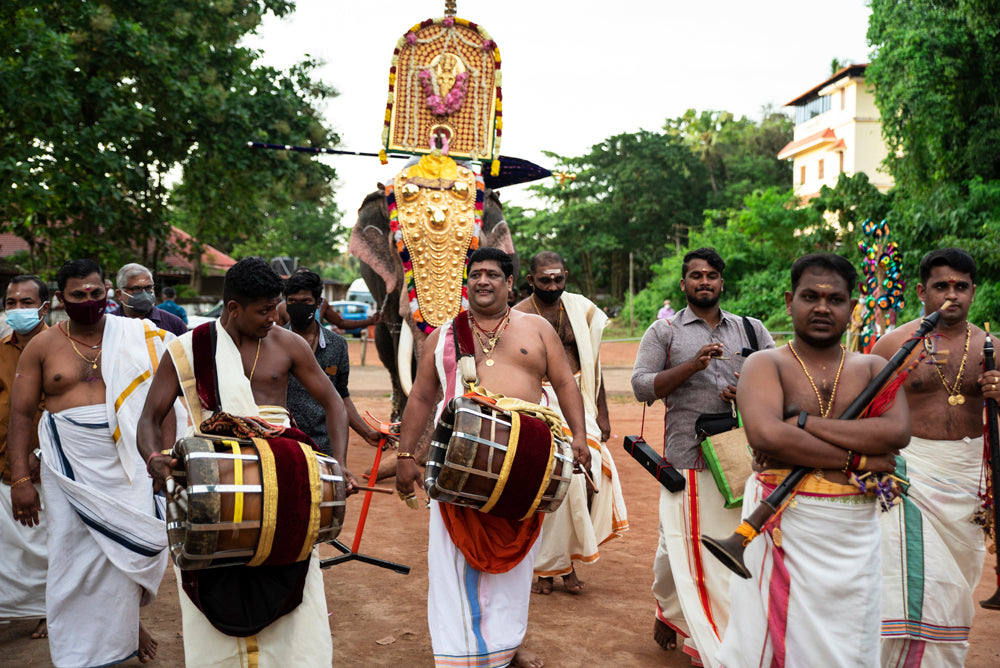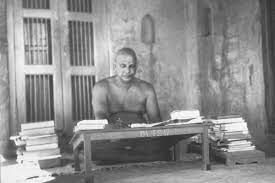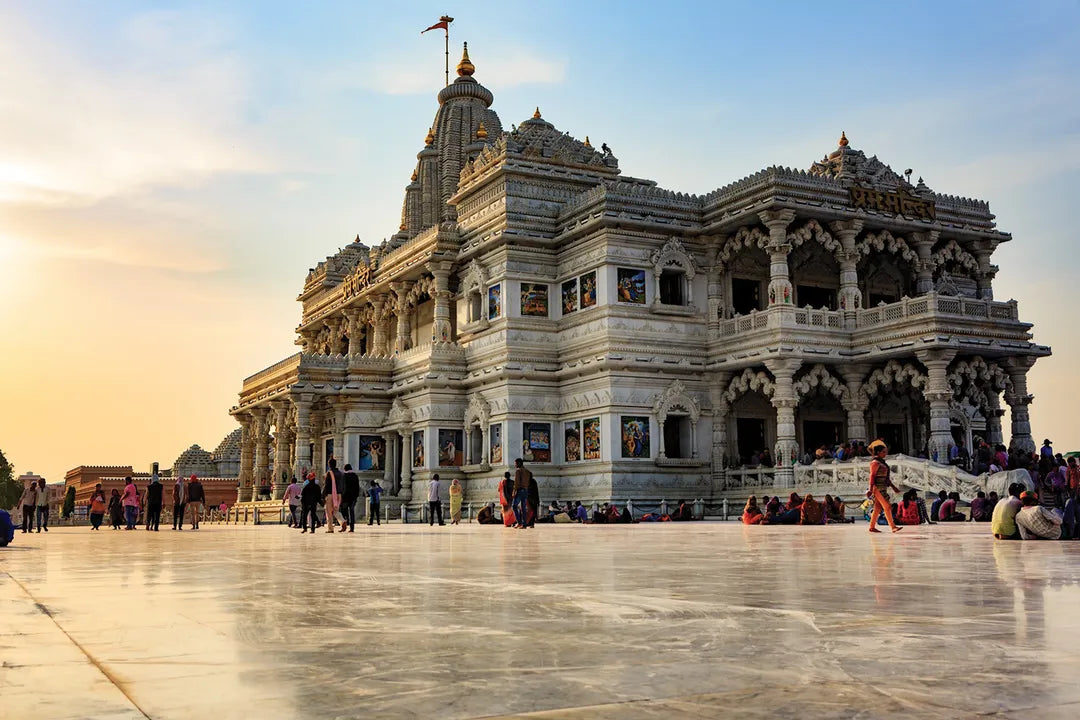
The history and significance of the Onam
The Onam festival is one of the most significant cultural events in the state of Kerala, located in the southern part of India. This ten-day festival is celebrated every year during the Malayalam month of Chingam, which falls between August and September. Onam is a festival that signifies the harvest season and is celebrated with great enthusiasm and joy by the people of Kerala. In this blog, we will explore the history and significance of the Onam festival.
History of Onam
The history of the Onam festival can be traced back to Hindu mythology. The festival is believed to commemorate the return of the great King Mahabali, who is said to have ruled Kerala in ancient times.

Lord Vishnu, the preserver of the universe, took on the form of a dwarf Brahmin called Vamana and approached King Mahabali, asking him for three steps of land to live in. King Mahabali granted his request, but Vamana grew in size and eventually took over the entire kingdom. However, before sending King Mahabali to the underworld, Vamana granted him a wish. King Mahabali asked to be allowed to visit his kingdom once a year, and it is said that Onam is the day when he returns to his people.
Significance of Onam
Onam is a festival that celebrates the unity and diversity of the people of Kerala. It is a time for people to come together and celebrate the bounty of the harvest season. The festival is also a symbol of the harmony and peace that exists between different communities and religions in Kerala.
The ten-day festival of Onam is marked by various rituals and traditions, including the preparation of the Onam sadya, a vegetarian feast that is served on a banana leaf. The sadya is a symbol of the harvest season and is meant to be shared with family and friends. The feast usually includes rice, sambar, avial, thoran, pachadi, and payasam, among other delicacies.

Another important tradition associated with Onam is the creation of the pookalam, or flower carpet. During the ten-day festival, people create intricate designs on the ground using flowers, leaves, and petals. The pookalam is a symbol of the beauty and abundance of nature and is meant to welcome King Mahabali back to Kerala.

Onam is also a time for traditional cultural performances, such as the Onam dance or Thiruvathira Kali. These performances involve women dressed in traditional attire and performing dances that are believed to have originated in ancient times. The dances are performed to the accompaniment of traditional music and are a way of celebrating the cultural heritage of Kerala.
In recent years, Onam has also become a time for shopping and commercial activity, with many businesses offering special discounts and promotions during the festival. However, this commercialization of the festival has also led to concerns about the loss of the festival's traditional values and cultural significance.
Conclusion
In conclusion, the Onam festival is an important cultural event that is celebrated by the people of Kerala with great enthusiasm and joy. It is a time for families to come together and celebrate the harvest season, and it is a symbol of the unity and harmony that exists between different communities and religions in Kerala. The festival is also a reminder of the importance of nature and the need to protect and preserve our environment. As Onam continues to evolve and adapt to changing times, it remains an important symbol of the rich cultural heritage of Kerala and preserve our environment.
Author
Darshita Nautiyal
(The images used in this podcast are not owned by Anime Devta, they are just to help the readers)

